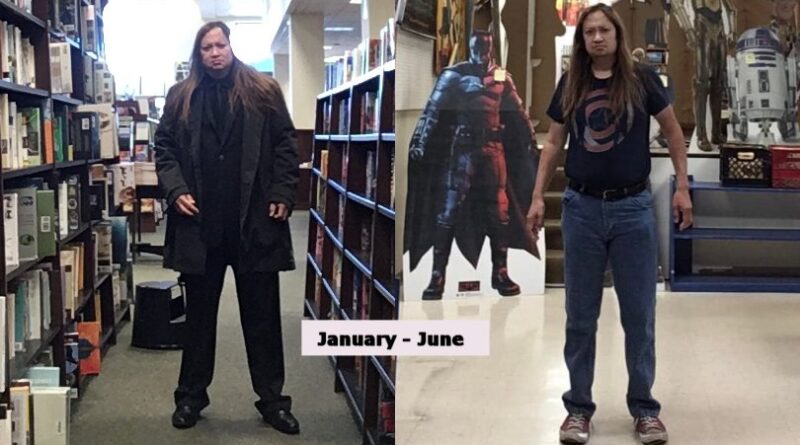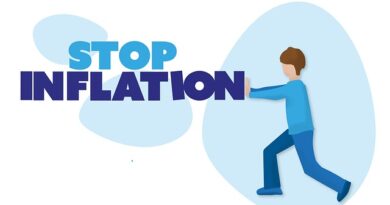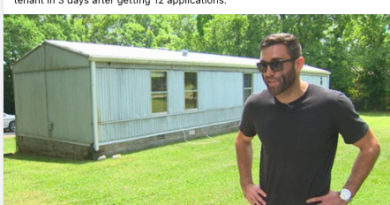My Weight Loss Journey in 3 Stages: Mental Health, Mindset, and Science.
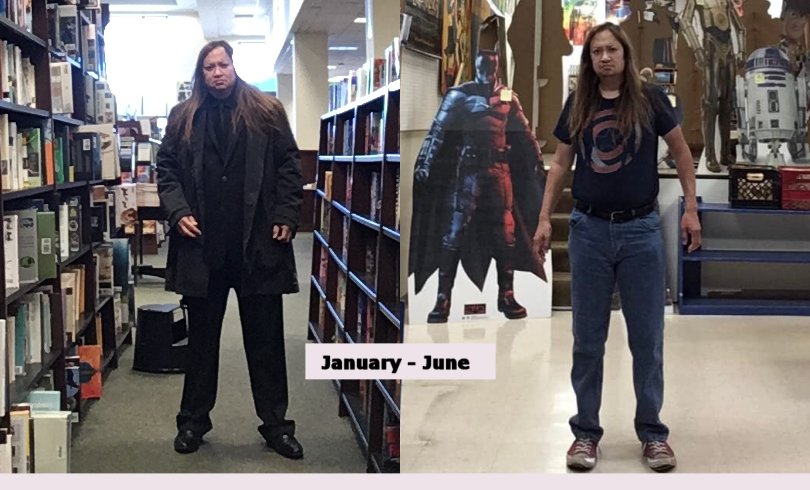
Pictures were taken at Barnes and Noble in Camp Hill, PA and the Great Escape in Nashville, TN. In January I was likely in the high 190’s. In June I was around the mid 160’s. Photographed by Ron Hall.
I have lost a substantial amount of weight recently and have been asked how. I can only chronicle what I did and hope others may be able to glean some ideas from my tale. I cannot say that this is a ‘one-size-fits-all’ solution or plan and I share this for educational purposes only with the explicit advisement that this is not medical advice and that you consult a doctor before starting any diet and / or exercise plan. I can only relate my own journey and hope people can take something from it. It wasn’t a single solution or silver bullet. There were many factors that I had to consider: mental health, mindset, and science.
A word about the framework I will use here. In medicine some practitioners look at the biological, environmental, and genetic factors that may contribute to the root cause of a patient’s condition. In diagnosing & treating mental disorders, a practitioner may look at clinical, social, environmental, and familial factors which may all contribute to a mental disorder and be included in a treatment plan. I use a similiar approach in looking at my weight loss journey – I consider the mental, the discipline, and the mechanics which took the form of mental health, mindset, and science.
Mental Health and Cortisol: The Enemy of Weight Loss
I didn’t start this journey with the intention of losing weight – I started it to work on my mental health – specifically I looked at stress. It’s a known fact however that stress can impede weight loss. So let’s address that first. Admittedly stress reduction came before I considered having a mindset of losing weight but for purposes of this article, let’s look at stress first.
“Cortisol Can Lead to Weight Gain. Cortisol stimulates your fat and carbohydrate metabolism, creating a surge of energy in your body. While this process is essential for survival situations, it also increases your appetite. Additionally, elevated cortisol levels can cause cravings for sweet, fatty and salty foods. This means you’re more likely to indulge in french fries and a milkshake than you are a well-balanced meal.
An excess of cortisol also can lead your body to produce less testosterone. This may cause a decrease in muscle mass, as well as slow down how many calories your body burns“ (Mancella, Rd., Feb. 2020).“The question of whether excess amounts of cortisol can lead to weight gain is essentially the same as asking if too much stress can cause you to put on unwanted pounds. The answer in both cases is yes” (Mancella, Rd., Feb. 2020).
How Too Much Stress Can Cause Weight Gain (And What to Do About It) Mancella RD, Gabrielle, RD
I had to consider the stress from the pandemic. The Covid-19 Pandemic can be a mental health issue for some. It was a lot to go through and leaving it behind was not enough. Leaving it behind without addressing it was to me at least like I was asking for PTSD to reign over my life for years.
For me it was important to have a process to work through what I’d just been through. I attended an online seminar facilitated by Dr. Lissa Rankin entitled ‘Who Is The “You” That Will Come Out Of Quarantine? Spiritual Guidance For Coming Out Of The Corona Cocoon’ and journaled out the answers to some key questions such as:
- What have you lost this year that you can’t ever get back?
- What did you lose that you might get back? Maybe that you’re excited about?
- How do you feel about getting back what you’ve lost temporarily?
- What did you lose that you don’t want back?
- What has been the unexpected blessing (of the past year)?
- Is there anything I would have regretted if I did not survive this year?
- What are my priorities now? How have they changed?
- Am I living my life in alignment with God?
- Am I contributing to making the world a world I wish to leave for our children? If not, why not?
(Rankin, 2021)
Understanding that the world just went through a ‘collective death’ (Rankin, 2021) gave me the perspective to see the value in going through this journaling process. It did good things for my mental health.
Here is more on the journaling experience I did – perhaps you may find value in journaling it out as well. Notes from the seminar are included along with my own personal answers.
- https://ronhall.me/emerging-from-the-covid-19-pandemic-a-process/
- https://ronhall.me/emerging-from-the-covid-19-pandemic-a-process-part-2/
The journaling seminar was just the beginning. I believed I had to be willing to take a deep long look at my life and areas of stress I could reduce even if it comes at a financial cost or upsets people that relied on me vocationally. Knowing this was an issue for me, the second area I looked at was boundaries.
It’s important to define boundaries. In, “Why Personal Boundaries are Important and How to Set Them” , PsychCentral gives a good working definition of personal boundaries. Let’s start there:
What are personal boundaries?
Psychcentral, 2022
Personal boundaries are simply the lines we draw for ourselves in terms of our level of comfort around others. These boundaries may have to do with:
physical contact (not feeling comfortable hugging a person you’ve just met)
verbal interactions (not wanting a friend or family member to speak down to you)
your own personal space (choosing to not have others in your home when you aren’t there (PsychCentral, 2022)

Establishing boundaries can be difficult. I watched a DVD study “Boundaries” by Dr. John Townsend and Henry Cloud (Zondervan, 2009). I had read the book of the same name many years ago. The DVD explored where the lack of boundaries can come from among other topics. The lack of boundaries can come from areas of our childhoods (Cloud & Townsend, 2009). I had to establish some boundaries and then communicate those boundaries to business clients. It cost me about 17% of my income but my mental health went from zero to hero just as fast.
I addressed the issue by assessing what my boundary related stressors were and then taking steps to reduce them. In my case, it was my client mix for my company and not having boundaries for my work as it pertained to business contact, interactions, and space.I established regular work hours, communication protocols, and expected response times. I was no longer 24/7 by phone/text/email – now I was 8:30-5pm / Monday-Friday / email only. I established and communicated my new boundaries to clients and dropped the ones that were no longer a good fit or established a transition plan for them. This resulted in a major reduction of stress.
Here is more on the boundaries experience I had:
It helped me in my journey and laid the groundwork to consider my mental health. Going through the journaling exercise and re-evaluating my boundaries were vital. After I went through these two things, weight started coming off on its own. By this point an estimated 10 lbs had come off. It was at that point I decided to have an intentional mindset at losing my COVID 15 as it’s become known. The Harvard Gazette looked at the phenomenon in an article by Elizabeth Pegg Frates entitled, “Did We Really Gain Weight During the Pandemic?“.
Many people have been talking about the “COVID 15,” referring to gaining 15 pounds during quarantine. But did people really gain weight?…As it turns out, 39 percent of patients gained weight during the pandemic, with weight gain defined as above the normal fluctuation of 2.5 pounds. Approximately 27 percent gained less than 12.5 pounds and about 10 percent gained more than 12.5 pounds, with 2 percent gaining over 27.5 pounds. (Frates, October 2021)
Harvard Gazette, October 5, 2021
Instead of the COVID 15, I had the COVID 30. The COVID 30 looked like a big mountain to climb. With this in mind and the weight dropping, I adopted a mindset that I could improve my life with some changes and this began by starting on a journey to lose the rest of the weight.
The Mindset: The Key to a Strong Journey
After the mental health piece was in place and the weight started dropping, I felt then I had the momentum to start changing my eating habits. In order to begin this process, I had to consider my mindset – that I could improve my life with some changes. But what is a mindset? Merriam Webster’s website states:
Definition of mindset 1: a mental attitude or inclination “It isn’t only the freshness of the fruit that makes breakfast in California restaurants outstanding. It’s an attitude, a morning mindset, a desire to start the day in a leisurely, luxurious manner” — Jane and Michael Stern (Merriam Webster, 2022).
Merriam Webster, 2022
I evaluated three behaviors as I re-established my mindset to improve my life with some changes. I looked at the timing of my meals, how often I was eating, and what I ate. Each of these were a factor in losing weight effectively. Some were hard and fast rules while others were things I could gradually step-down over time.
First I looked at time timing as far as eating carbohydrates (carbs) went. Rule #1 is no carbs after 7pm. For me it became a hard and fast rule. The only exception was nights I was serving at an event or at church. Those nights I would eat later but be mindful of carbohydrate intake. When I ate carbs wasn’t the only kind of timing I had to look at – I also had to look at frequency.
The second thing I did was assess how often I was eating – frequency. I found that I had a breakfast around 10:30am (as I started my daily commute), lunch around 2-3pm and dinner around 6pm. I realized the window was too tight and the middle meal was causing unnecessary food intake so I eliminated the 2-3pm lunch where possible so that breakfast became brunch and then dinner stayed in place. This timing adjustment isn’t about skipping meals, it’s about not having too much in a small window of time. Dinner is at 6pm as much as possible to observe a ‘no carbs after 7’ rule. However, if I do get up earlier and get going earlier, I will do breakfast, lunch, and dinner accordingly. Timing and frequency are key factors but I found what I ate was important as well.
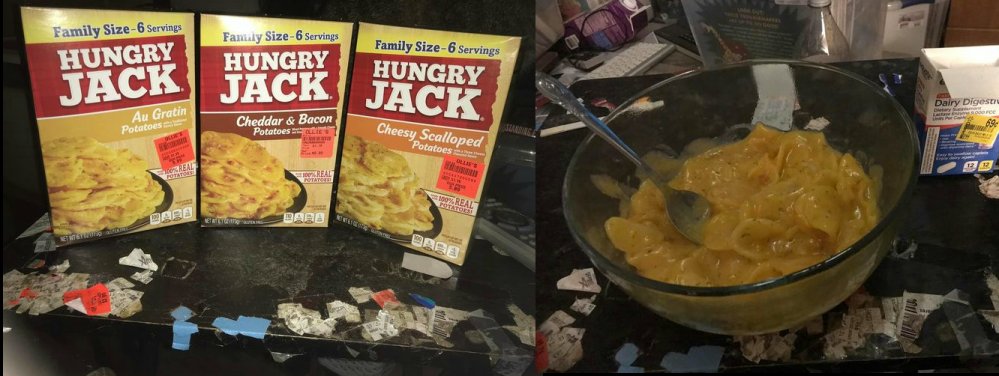
I had to change what I ate but I did it gradually. For brunch I had started with a Burger King Sausage/egg/cheese croissan’wich with ketchup / onions and a large bag of hashbrowns. It was simply important to establish a habit of eating breakfast and not skipping it. I transitioned to an Egg McMuffin, hashbrown, and diet drink – a new breakfast which seemed to work much better for my digestive system as the Burger King breakfast was starting to ‘gum up the works’ as it were. For dinner I started with boxed potatoes or grits with diced ham and shredded cheese, then transitioning to a packaged Caesar salad from Walmart. In between I snacked on packs of peanuts, Doritos, Cheetos, or Fritos. This was a pretty solid start and a good beginning to step down from over time.
After a period of time I stepped this down a little. I switched from a Caesar salad to a cobb salad, saving 30 calories and I cut the peanuts and snacks totally. They were adding too many calories. I also started mixing in ‘unsweet tea’ instead of some ‘diet soda’ intake. It’s largely based on what’s available to me and when. Diet Green Tea would be the optimal choice. I’ve also used Yellow tea on occasion to do cleanses. Changing from Caesar to Cobb salads and cutting snacks were both intermediary steps.
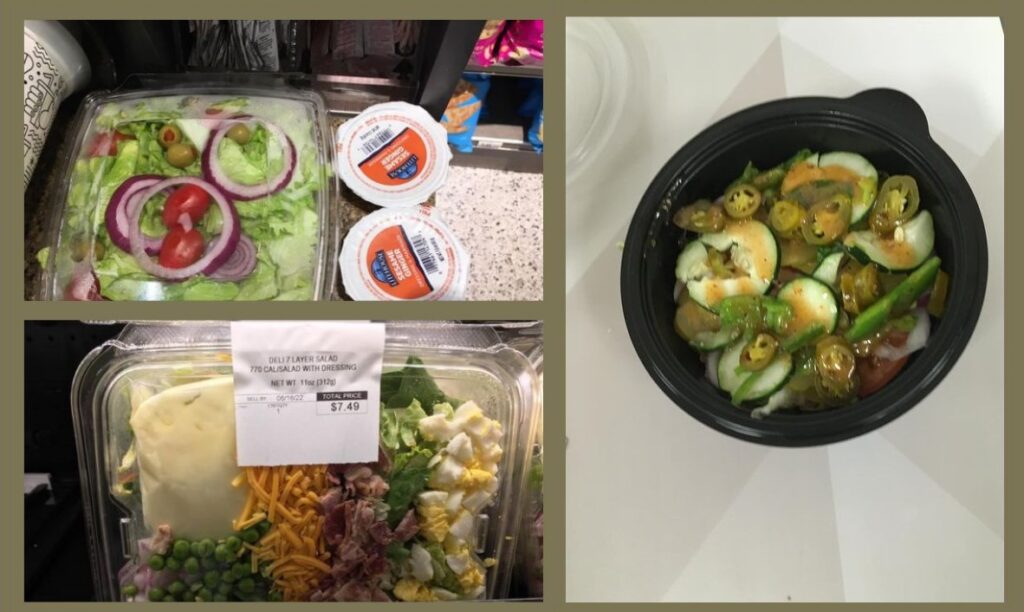
Stepping down further after a period of time I switched the cobb salad to a garden salad with a vinaigrette dressing in a small portion and where possible I had it custom made as opposed to a packaged garden salad. In the event I can’t get a custom salad I strive for a garden salad with vinaigrette which can be done in a deli at Publix by the deli workers. Some Publix also have these on the shelf. This final step down helped me reach my ultimate goal.

I started around 197 lbs and ended with a personal goal of 170, a medical goal of 165 and a safety goal of 160. The safety goal is a 5 lb buffer that allows me to monitor my weight for gains and adjust intake accordingly. But keeping it off became the next goal and a bit more complicated because it involves not just a mindset but knowing a little psychology.
Keeping It Off: The Psychology of Eating
Keeping off weight is considered a big challenge by many. I believe much of weight loss maintenance is psychology so I looked at the psychology of eating. My kryptonite is McDonalds fries which are laced with sugar. Sugar is a pleasure food and a source of constant craving.
“It’s not uncommon for people to crave chocolate, French fries, and other foods that are high in calories, sugar, and carbohydrates. Comfort foods provide a temporary sense of wellbeing, and they make a person feel good. Foods high in sugar, fat, or salt tend to elevate mood by stimulating the brain’s reward system. In fact, according to Psychology Today, the same reward and pleasure centers associated with drug addiction are active when comfort foods are consumed” (Desert Hope Treatment Center, September 2021).
Desert Hope Treatment Center , September 2019
This is good reading – “The Science Behind Comfort Food“. Once you know what the psychology (science) is, you can make informed decisions. For instance I know McDonalds fries are laced with sugar which trips off the brain’s reward system. It’s revealed in an articled called, “The Scientific Reason Why McDonalds Fries are So Good“. I can assess for myself if I can stop eating them or not. Generally the answer is “no” for me but it maybe “yes” for some people. For me I know that’s a bad road for me to go down and now I know the game is rigged from the get-go. It’s not to say I can’t enjoy fun food – but I know what food I can eat, enjoy, and stop and the food I cannot stop, so If I start on fries, I will get fries every day and then a few times a day. But it’s not just fries. (Kumer, November 2021)
I looked at other pleasure foods and how they trip off the pleasure center of the brain: “knowing is half the battle” is the old adage of the 1980’s GI Joe cartoon and if I know certain foods trip off the pleasure center, I can be better prepared and make wiser choices going forward as I strive to stop dropping and start maintaining my weight. I will reintegrate other foods but I will do so with wisdom and research. I will also weigh myself regularly. In an article titled, “The 17 Best Ways to Maintain Weight Loss“, Healthline cites “Weighing one’s self regularly” as it’s 4th best way to maintain weight loss and states it has been shown to be an aid to maintain weight loss (Healthline, 2022). It’s not all rigid and rules going forward however – 2 days a week are different.
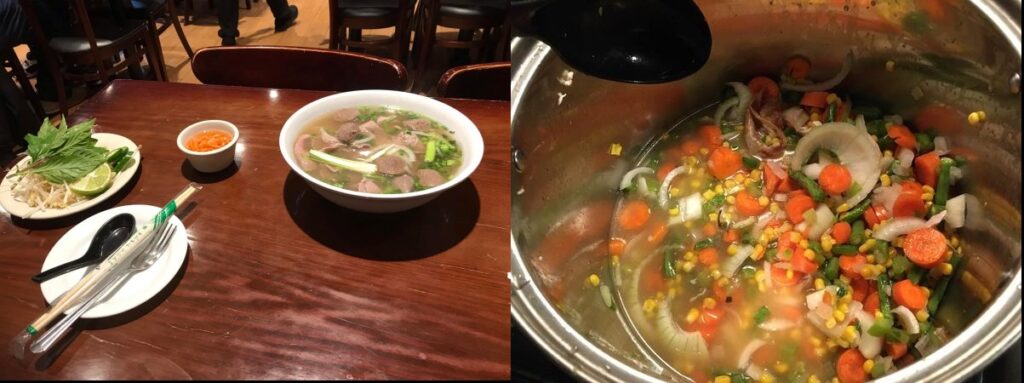
Wednesdays and Sundays are different days of the week as far as eating goes. Wednesdays I do a bowl of Vietnamese Beef Noodle Soup, or “Pho”. It’s a way to take in protein while honoring my culture. Doing this both helps my mental health and gives me a nice boost of protein. Saturdays I cook a homemade soup with fresh vegetables, some organic vegetables, some frozen vegetables, and chicken. I eat it all day long and stay at home from 1pm onward. This doubles as my sabbath. It allows my body to thoroughly hydrate, enjoy fresh vegetables, and rest – shut down and reset even if it’s in the middle of the day – as well as gives me a mental health break. I set a strict boundary that day that no one gets access to me. There are very very rare exceptions. This weekly ritual is very beneficial to me. It may be beneficial to you.
I hope this helps. I’ve laid out what I do and some of the research behind it. I hope you are able to look at it and glean some things that work for you. Drop me a line at ron@ronhall.org or leave a comment below and let me know what’s worked for you.
Works Cited:
Mancella, Gabrielle. Feb 12, 2020 How Too Much Stress Can Cause Weight Gain (And What to Do About It) . Orlando Health. Orlando, FL. Retrieved from: https://www.orlandohealth.com/content-hub/how-too-much-stress-can-cause-weight-gain-and-what-to-do-about-it
Merriam-Webster. 2022. Merriam Webster Dictionary. Retrieved from: https://www.merriam-webster.com/dictionary/mindset
Editorial Staff (Desert Hope Treatment Center). September 13, 2019. The Science Behind Comfort Food. Desert Hope Treatment Center. Paradise, NV. Retrieved from: https://deserthopetreatment.com/addiction-treatment/psychology/comfort-food/
Cloud, Henry. Townsend, John. Guest, Lisa. Boundaries DVD Study. 2009. Zondervan. Grand Rapids, MI. Available on Amazon.
Ranklin, Dr. Lissa. May 5, 2021. Who Is The “You” That Will Come Out Of Quarantine? Spiritual Guidance For Coming Out Of The Corona Cocoon (webinar). Lissa Rankin, Inc. Sausilito, CA.
Kumer, Emma. November, 2021. The Scientific Reason Why McDonald’s Fries Are So Good. Taste of Home. Harlan, IA. Retrieved from: https://www.tasteofhome.com/article/scientific-reason-mcdonalds-fries-good/
The 17 Best Ways to Maintain Weight Loss. Healthline Media. 2022. San Francisco, CA. Retrieved from: https://www.healthline.com/nutrition/maintain-weight-loss
PsychCentral. Why Personal Boundaries are Important and How to Set Them. Healthline. San Francisco, CA. Retrieved from: https://psychcentral.com/lib/what-are-personal-boundaries-how-do-i-get-some
Frates, Elizabeth Pegg. Did We Really Gain Weight During the Pandemic. October 2021. The Harvard Gazette. Harvard University. Cambridge, MA. Retrieved from: https://news.harvard.edu/gazette/story/2021/10/did-we-really-gain-weight-during-the-pandemic/
About the Author:

Ron Hall, is a graduate of Penn State University and holds a Bachelors of Science in Integrated Social Sciences.

